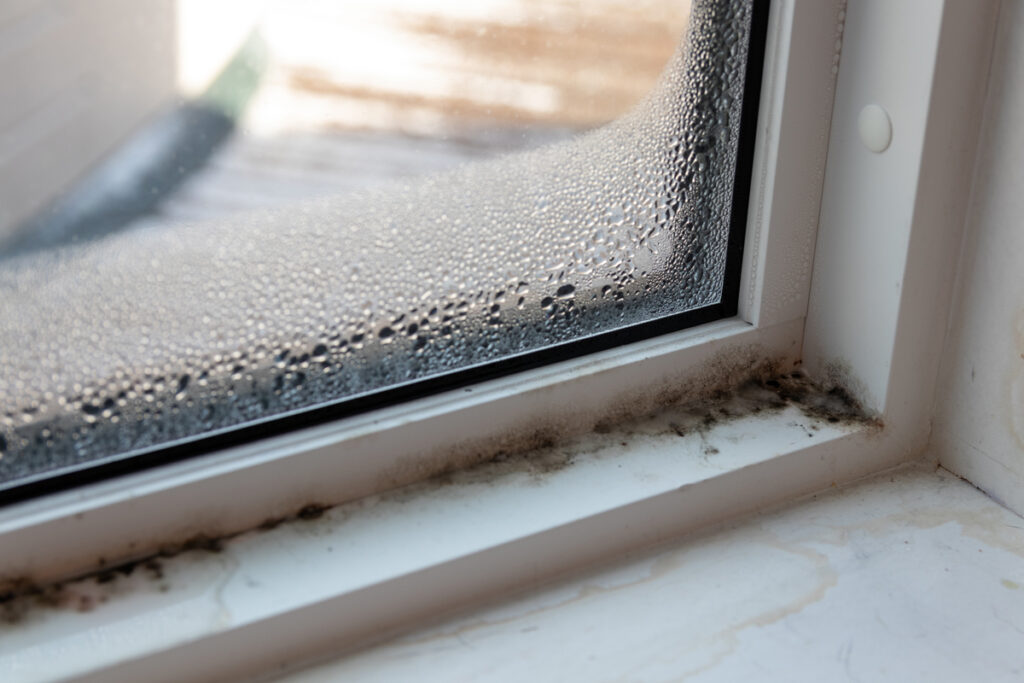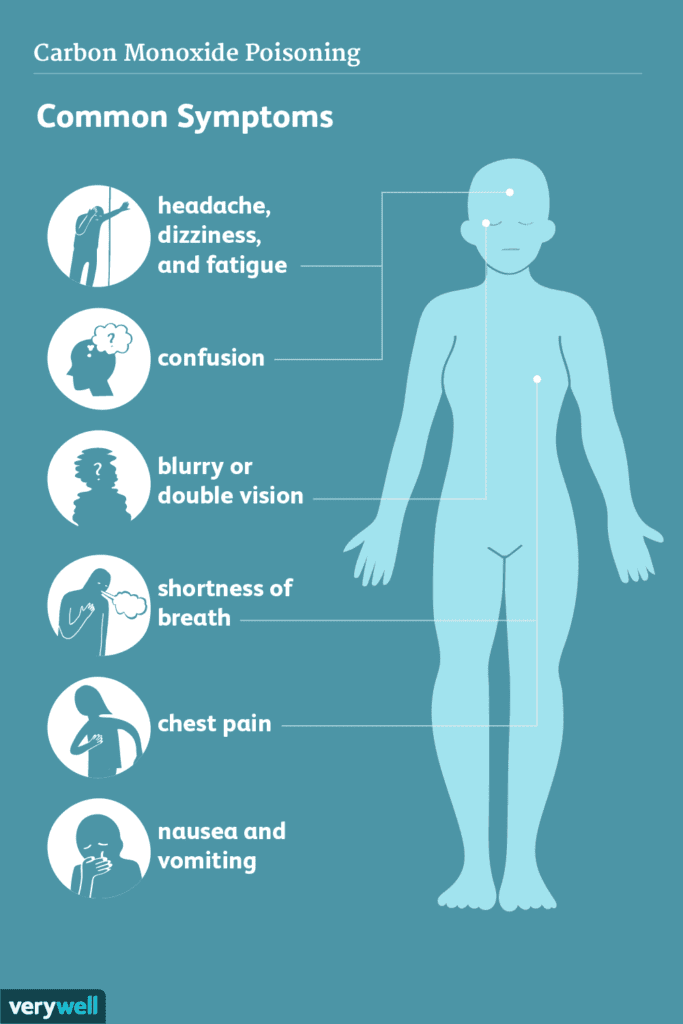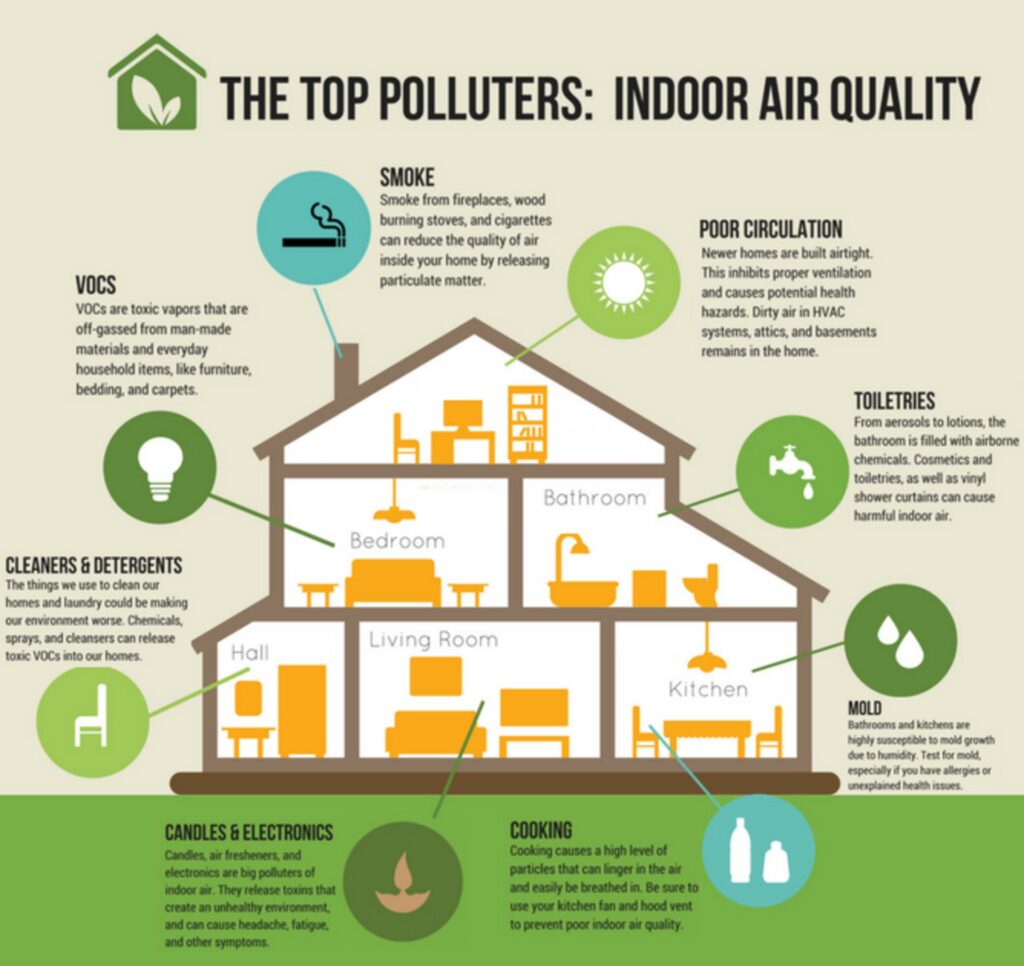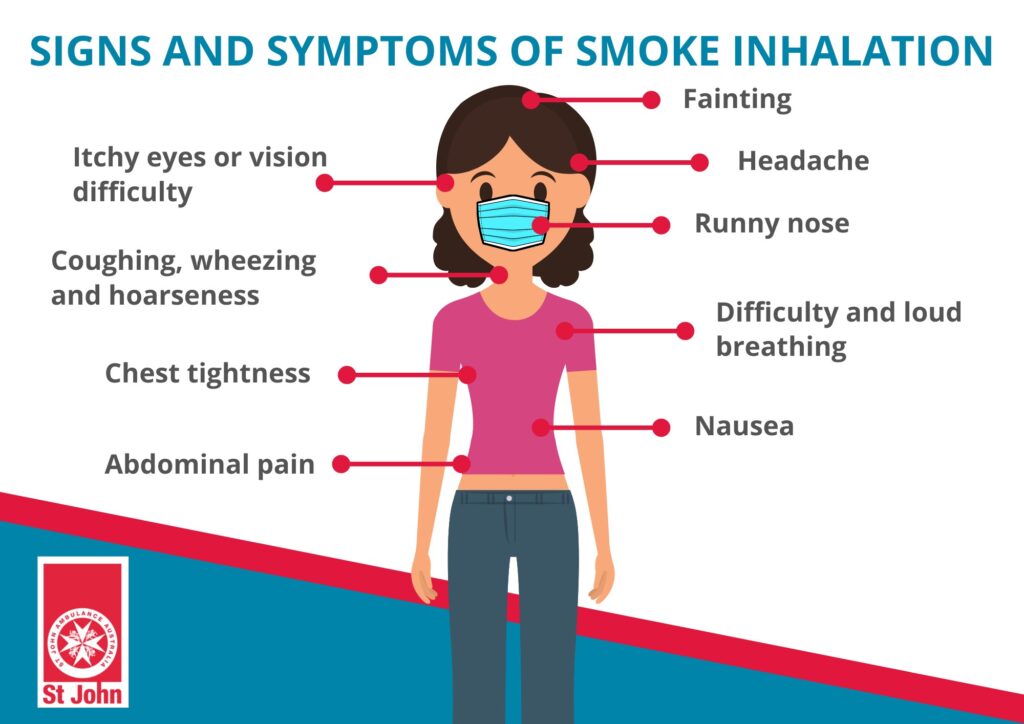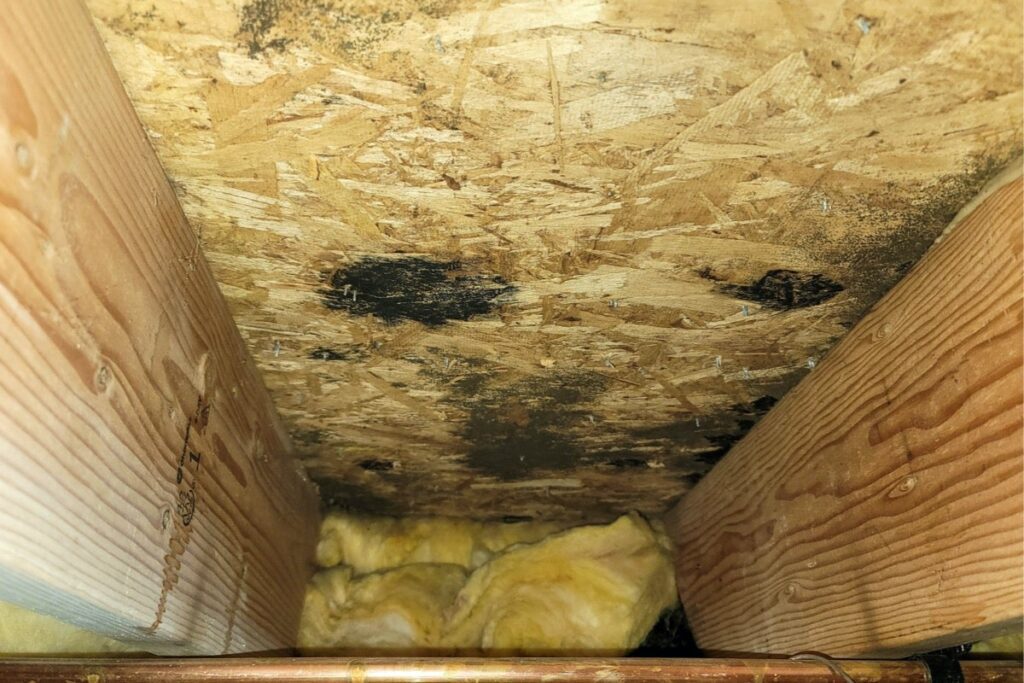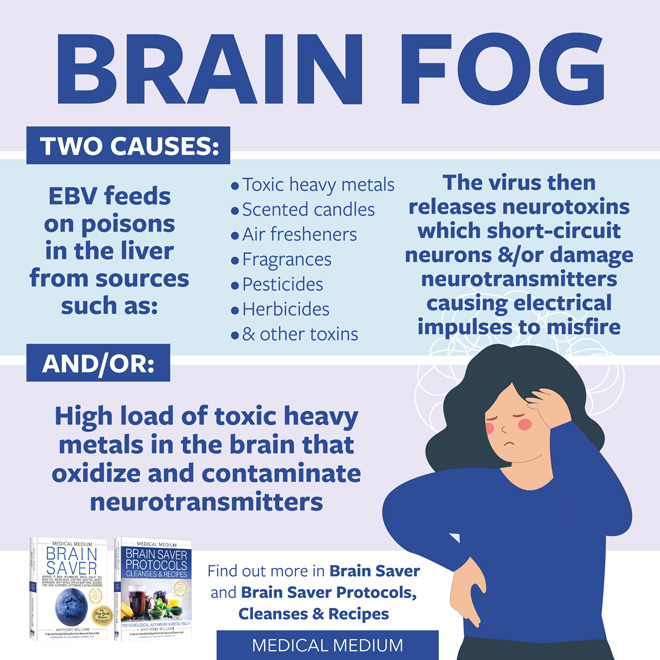Air quality is a critical aspect of human health, and poor air quality can potentially lead to illness. It is important to understand the connection between the air we breathe and our well-being. Awareness of the potential risks associated with air pollution is key. We will take a closer look at air pollution’s health effects, both indoors and outdoors.
Key Takeaways:
- Poor air quality can lead to respiratory problems and other health issues.
- Long-term exposure to contaminated air can have adverse health effects.
- Taking action to minimize exposure to poor air quality is essential to protect your health.
Understanding Air Pollution and Its Health Effects
Air pollution is a major cause of concern for human health. Breathing in polluted air can lead to a range of illnesses caused by bad air quality. Whether you’re spending time outdoors or indoors, it’s crucial to be aware of the health risks due to poor indoor air quality.
Outdoor air pollution is a common problem in urban areas, caused by a range of factors like vehicle emissions, industrial activities, and natural phenomena like dust and wildfires. Breathing in polluted air can lead to respiratory problems, heart disease, and other serious illnesses, especially if you have preexisting health conditions.


Indoor air pollution is also a major concern, and can be caused by a range of factors like poor ventilation, mold, and household chemicals. Breathing in pollutants like dust, pet dander, and mold spores can lead to respiratory problems, allergies, and other health issues.
According to the Environmental Protection Agency, indoor air can be up to 10 times more polluted than outdoor air, making it crucial to ensure good indoor air quality to protect your health. Poor indoor air quality can also lead to headaches, fatigue, and other symptoms that can impact your daily life.
Understanding Air Pollution and Its Health Effects
It’s important to be aware of the potential health risks of breathing in polluted air, both indoors and outdoors. By taking steps to reduce your exposure to pollutants and improve indoor air quality, you can safeguard your health and well-being.
The Negative Impacts of Contaminated Air on Your Health
When it comes to poor air quality, the negative impacts on your health can be significant. In particular, prolonged exposure to contaminated air can lead to a range of respiratory problems, which can have a serious impact on your well-being.
Specifically, contaminated air can cause irritation to your lungs and airways, leading to a host of unfavorable symptoms, such as coughing, wheezing, and shortness of breath. In severe cases, prolonged exposure to poor air quality can even cause chronic respiratory conditions like asthma and chronic obstructive pulmonary disease (COPD).
Furthermore, contaminated air can also increase your risk of lung cancer, particularly if you are exposed to chemicals like radon and asbestos over a long period of time. Over time, breathing in contaminated air can also lead to other health problems like heart disease, stroke, and even cognitive decline.
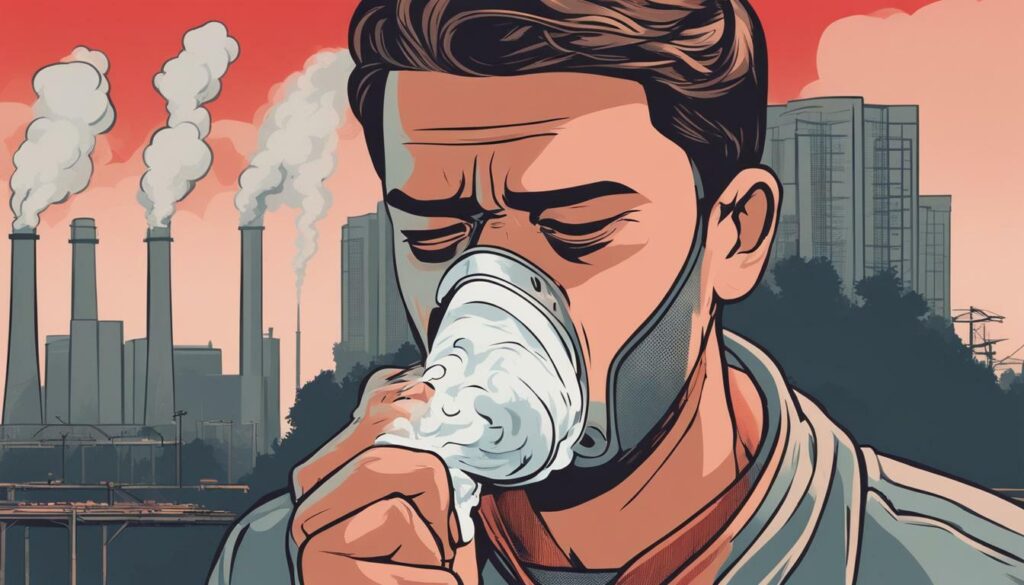

Therefore, it’s crucial to take steps to protect yourself from the negative impacts of contaminated air on your health. This includes minimizing exposure to outdoor air pollution, ensuring proper ventilation in your home or workspace, and investing in air filtration systems to remove pollutants from the air.
The Effects of Poor Air Quality on Human Well-Being
Poor air quality can have a significant impact on your overall health and well-being. The negative effects of contaminated air can cause respiratory problems, such as asthma, bronchitis, and other lung ailments. In addition, poor air quality can increase your risk of cardiovascular disease, stroke, and even cancer.
But poor air quality doesn’t just affect your physical health. It can also have an impact on your mental health, causing symptoms such as fatigue, headaches, irritability, and difficulty concentrating. All of these can have a significant impact on your daily life and well-being.


It’s important to recognize the potential hazards of poor air quality and take steps to minimize your exposure. This includes reducing your exposure to outdoor pollutants by avoiding areas with high levels of air pollution, such as busy roads or industrial areas. You can also improve indoor air quality by regularly cleaning your home and avoiding the use of chemical cleaners and air fresheners.
Additionally, promoting clean air through advocacy and supporting initiatives to reduce air pollution can have a significant impact on overall public health. By taking steps to improve air quality, we can help create a healthier environment for ourselves and future generations.
Health Hazards of Breathing Polluted Air
Breathing polluted air can have serious adverse health effects on your body. The following are some of the health hazards you may face because of exposure to polluted air:
| Health Hazard | Adverse Health Effect |
|---|---|
| Respiratory problems | Exposure to air pollution can lead to respiratory problems such as asthma, bronchitis, and chronic obstructive pulmonary disease (COPD). |
| Cardiovascular disease | Polluted air can increase the risk of developing cardiovascular disease. Breathing in fine particulate matter can damage the blood vessels leading to the heart. |
| Neurological problems | Exposure to air pollution has been linked to neurological problems like brain damage, memory loss, and behavioral changes. |
| Cancer | Long-term exposure to polluted air can increase the risk of developing lung cancer. |
It is important to protect yourself from the negative health effects of polluted air. If you live in an area with high levels of air pollution, wear a mask when going outside. Always keep an eye on air quality levels and avoid outdoor activities when pollution levels are high.
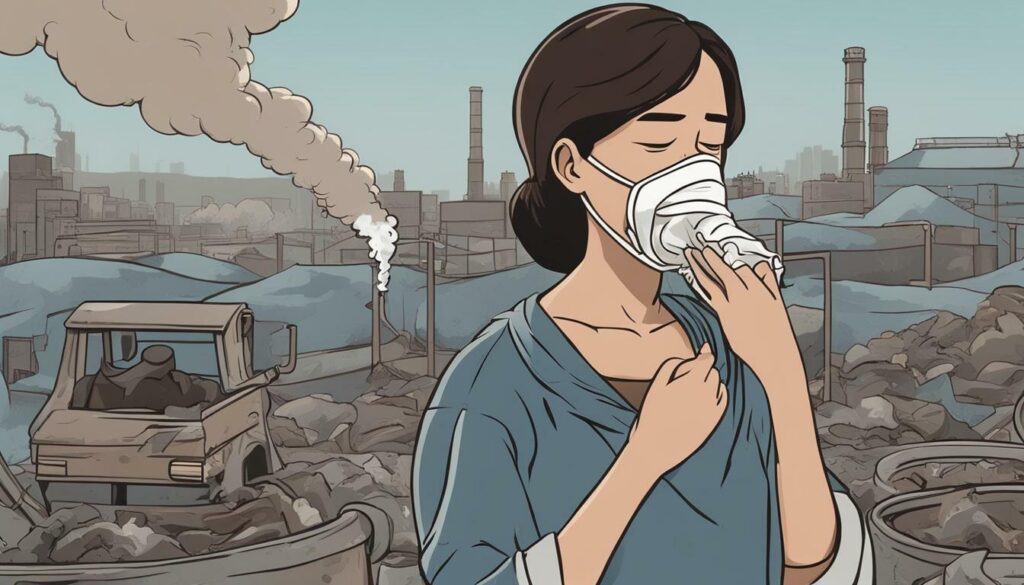

“The World Health Organization estimates that air pollution is responsible for seven million deaths worldwide every year.”
Long-term exposure to pollute air can have serious consequences for your health. Take steps to protect yourself and your loved ones from the adverse health effects of polluted air.
Steps to Protect Your Health from Poor Air Quality
Now that you understand the potential health risks associated with poor air quality, it’s essential to take steps to minimize your exposure. Here are some practical tips to protect your health:
- Avoid exercising outside during times of high pollution
- Check your local air quality index (AQI) regularly to stay informed
- Use air purifiers and ventilation systems in your home and workplace
- Avoid smoking and exposure to secondhand smoke
- Keep windows closed during times of high pollution
- Use air conditioning during hot weather instead of opening windows
- Choose indoor activities during times of high outdoor pollution
- Use public transportation, carpool, bike, or walk instead of driving alone
- Support initiatives to improve air quality in your community
By taking these simple steps, you can reduce your exposure to poor air quality and protect your health.
Image Alt Tag: Can you get sick from poor air quality?


The Importance of Indoor Air Quality
When you think of air pollution, you may picture smog-filled skies and car exhaust. However, the air inside your home or workplace can be just as harmful. In fact, according to the Environmental Protection Agency (EPA), indoor air can be up to five times more polluted than outdoor air. Poor indoor air quality can lead to a range of illnesses caused by bad air quality, including respiratory problems, headaches, and allergic reactions.
Common indoor air pollutants include dust, mold, and chemicals from cleaning products and other household items. These contaminants can accumulate over time and have long-term health risks due to poor indoor air quality. If you or your family members experience unexplained health issues or allergies, it could be a sign of poor indoor air quality.
Improving Indoor Air Quality
Fortunately, there are steps you can take to improve indoor air quality and reduce the health risks due to poor indoor air quality. The EPA recommends the following:
- Keep your home clean and free of dust and other pollutants.
- Properly ventilate areas where pollutants may be present, such as bathrooms and kitchens.
- Use air filters and air purifiers to help remove pollutants from the air.
- Avoid smoking indoors.
Additionally, consider using natural cleaning products and avoiding the use of pesticides and other chemicals. Keeping plants in your home can also help purify the air.
By improving indoor air quality, you can reduce the risk of illnesses caused by bad air quality and promote a healthier environment for you and your loved ones.


The Importance of Indoor Air Quality
Air quality doesn’t only refer to outdoor pollution. In fact, poor indoor air quality can also have negative impacts on your health and well-being. According to the Environmental Protection Agency (EPA), indoor air can be up to five times more polluted than outdoor air.
Common indoor air pollutants include:
| Pollutant | Sources |
|---|---|
| Radon | Naturally occurring radioactive gas that seeps up from the ground |
| Tobacco smoke | Smoking indoors or exposure to secondhand smoke |
| Combustion pollutants | Carbon monoxide and nitrogen dioxide from gas stoves, heaters, and fireplaces |
| Biological pollutants | Mold, bacteria, pet dander, and dust mites |
| Volatile organic compounds (VOCs) | Chemicals from household cleaners, paints, and building materials |
Poor indoor air quality can cause a range of health problems, including respiratory issues, headaches, allergies, and fatigue. In extreme cases, exposure to certain pollutants can even lead to cancer or death.
To improve indoor air quality, you can:
- Make sure your home is well-ventilated by opening windows and using vents and exhaust fans
- Eliminate sources of pollution by not smoking indoors, using natural cleaners, and properly maintaining your HVAC system
- Regularly clean your home, carpets, and bedding to reduce the presence of allergens and dust mites
- Invest in an air purifier to filter out pollutants
By taking steps to improve indoor air quality, you can protect your health and well-being.


The Importance of Protecting Yourself from Poor Air Quality
Now that you understand the potential health risks associated with poor air quality, it’s important to take proactive steps to protect yourself and your loved ones. Can you get sick from poor air quality? The answer is yes, but there are ways to minimize your exposure and reduce your risk of illness.
One of the most effective ways to protect yourself from poor air quality is to stay informed about current air quality conditions. You can check local air quality indexes online or through smartphone apps, which provide important information about air quality in your area. If the air quality is poor, consider limiting your time outdoors, especially during peak pollution hours.
Another important step is to improve indoor air quality, which can significantly impact your health. Common indoor air pollutants include dust, pet dander, mold, and volatile organic compounds (VOCs). To reduce your exposure to these pollutants, consider investing in an air purifier or regularly cleaning and ventilating your home.
You can also take action to promote clean air and advocate for policies that support improved air quality. This can include supporting public transportation, reducing energy consumption, and reducing waste. By working together, we can create a healthier, more sustainable future for ourselves and our communities.
Conclusion
Poor air quality can have serious health consequences, but by taking proactive steps to protect ourselves and advocate for clean air, we can reduce our risk of illness and improve our overall well-being. Remember, Can you get sick from poor air quality? Yes, but with the right knowledge and action, we can all breathe easier.
FAQ
Q: Can you get sick from poor air quality?
A: Yes, poor air quality can have adverse effects on your health. Breathing in polluted air can lead to various illnesses and health problems.
Q: What are some illnesses caused by bad air quality?
A: Bad air quality can contribute to respiratory issues such as asthma, bronchitis, and lung cancer. It can also exacerbate existing conditions like allergies and heart disease.
Q: How does poor indoor air quality affect your health?
A: Poor indoor air quality can cause headaches, fatigue, allergies, and respiratory problems. It can also lead to more serious health issues over time, especially if exposure is prolonged.
Q: What are the negative impacts of contaminated air on your health?
A: Contaminated air can have detrimental effects on your respiratory system, leading to increased coughing, wheezing, and difficulty breathing. It can also weaken your immune system and contribute to chronic health conditions.
Q: How does poor air quality affect human well-being?
A: Poor air quality can negatively impact both physical and mental well-being. It can cause fatigue, irritability, decreased productivity, and can worsen existing mental health conditions.
Q: What are the health hazards of breathing polluted air?
A: Breathing polluted air can increase the risk of developing respiratory infections, allergies, and even more serious conditions such as lung cancer or cardiovascular disease.
Q: What steps can I take to protect my health from poor air quality?
A: To protect your health, you can minimize exposure to poor air quality by staying indoors on days with high pollution levels, using air purifiers, wearing masks in highly polluted areas, and actively working to improve air quality in your community.
Q: Why is indoor air quality important?
A: Indoor air quality is crucial because we spend a significant amount of time indoors. Poor indoor air quality can lead to respiratory problems, allergies, and other health issues. It is important to maintain clean air indoors for our overall well-being.
Q: How can I promote awareness and advocacy for clean air?
A: You can promote awareness and advocacy for clean air by educating others about the health risks associated with poor air quality, supporting clean air initiatives, and advocating for stricter regulations and policies to reduce pollution.


